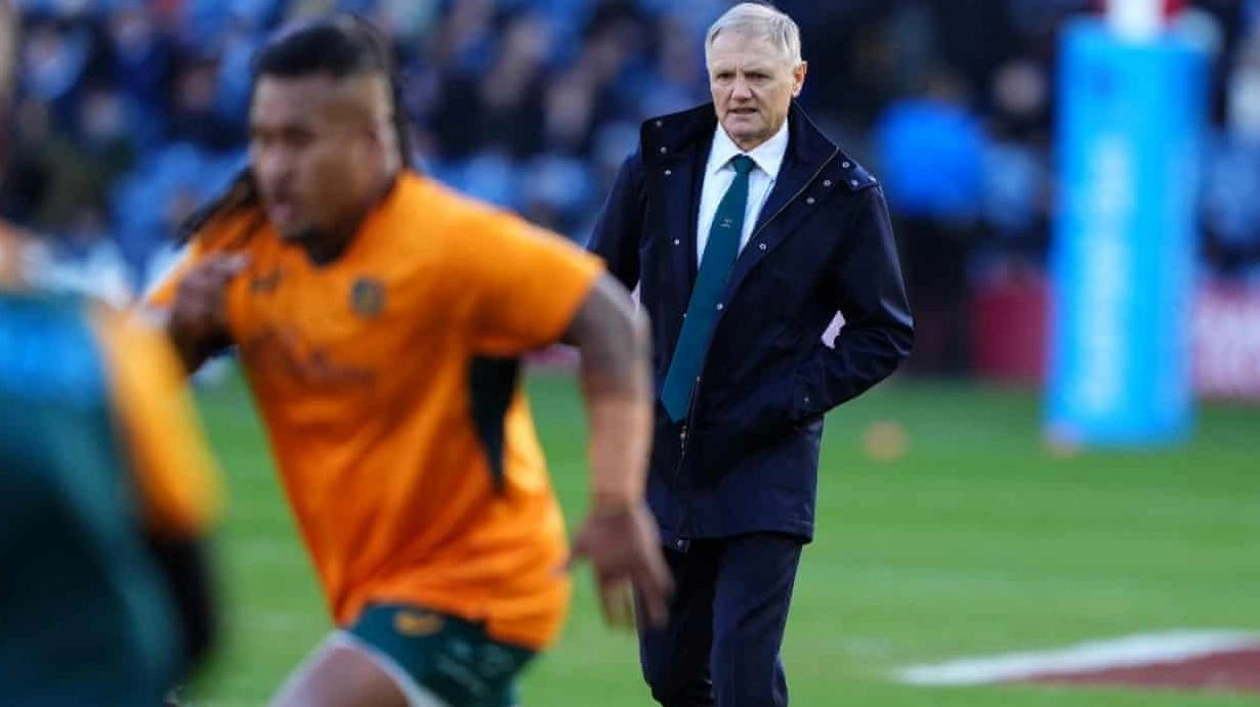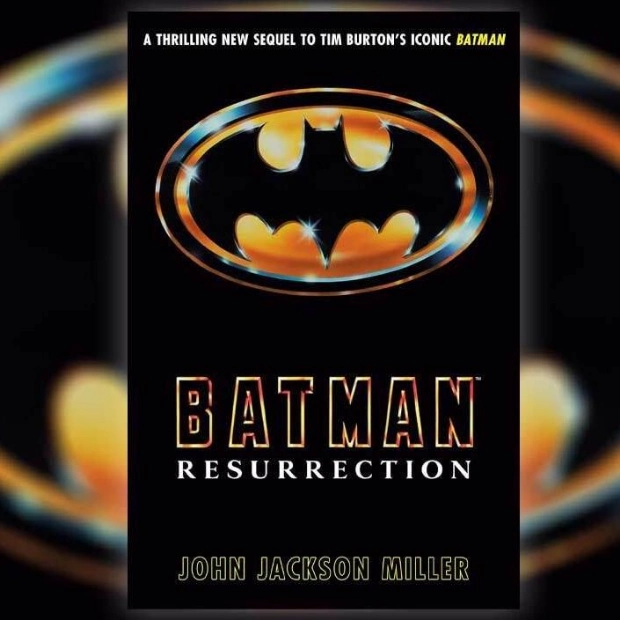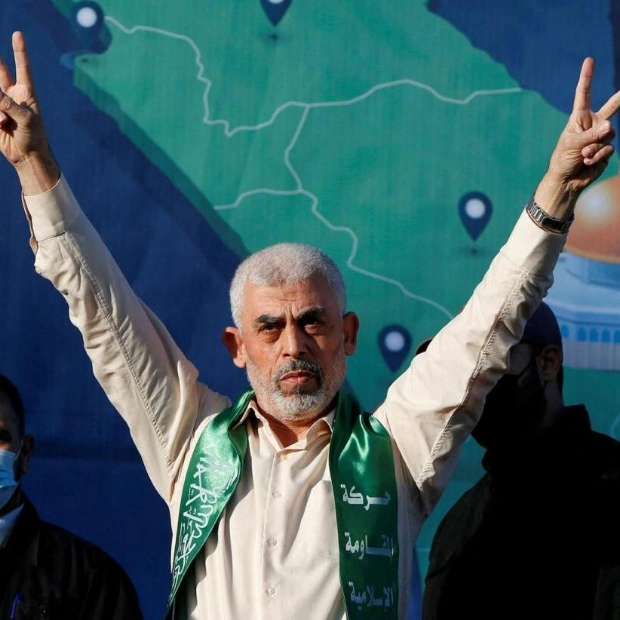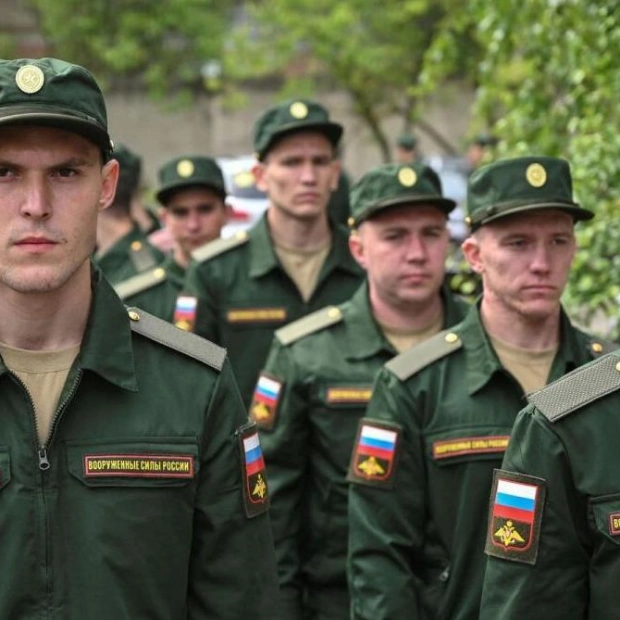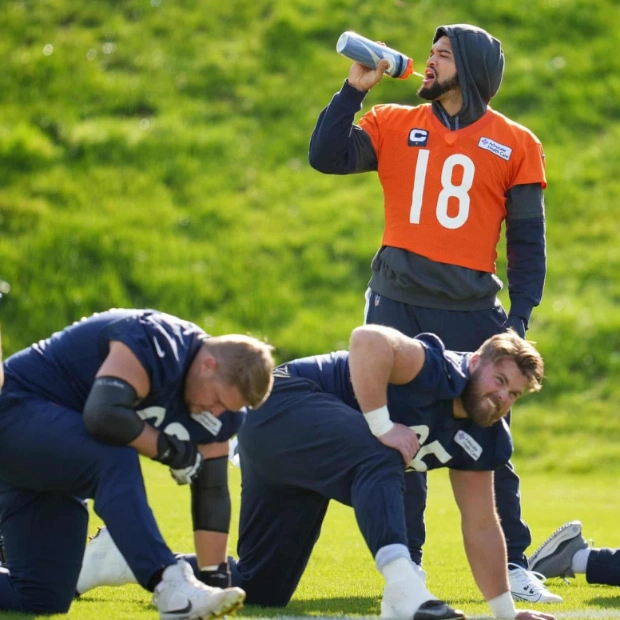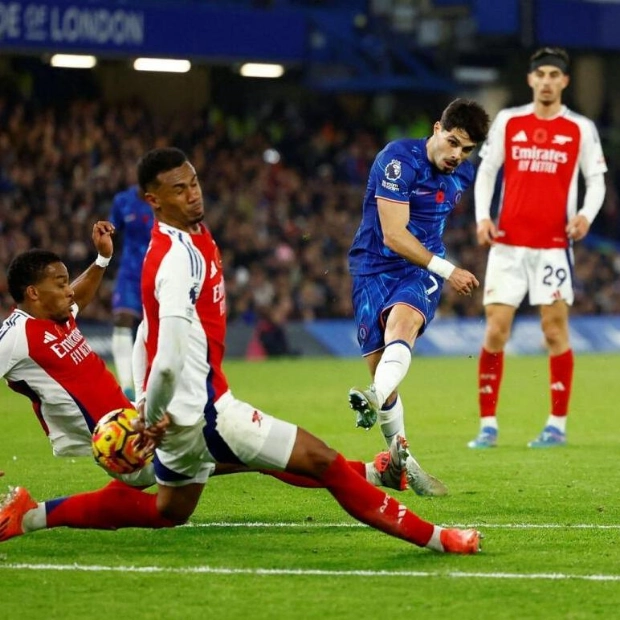The last time Australia triumphed in Dublin, in November 2013, Joe Schmidt was in the opposing coaching box, having just taken charge of an Ireland team in disarray. Earlier that year, Declan Kidney had overseen a fifth-place finish in the Six Nations, Ireland’s worst result since the competition expanded to include Italy. Having guided Leinster to back-to-back Heineken Cup victories, Schmidt was tasked with transforming domestic dominance into global supremacy. His first test against tier-one opposition was the visit of the Wallabies. After a “performance devoid of spirit, urgency, or accuracy,” as the Guardian’s Eddie Butler put it, Ireland suffered a 32-15 defeat. But Schmidt had a plan, and a year later, he secured his first of three Six Nations titles. He would only leave the post after achieving a 72% win rate from 76 Tests, including a grand slam in 2018 and World Rugby’s coach of the year award for propelling Ireland to the top of the world rankings for the first time in their history.
This impressive résumé led to Schmidt being recruited from his home in New Zealand to take on a seemingly impossible job after Michael Cheika, Dave Rennie, and Eddie Jones had failed. Could Schmidt transform this rag-tag group representing a fringe code into a cohesive and competitive unit? The answer is now clear after an autumn tour that saw them register record wins in London and Cardiff, and conclude with a commendable performance in a close 22-19 loss. This European trip might not have ended with a clean sweep or any silverware, but it undeniably proves that the Wallabies are back. Not yet world-beaters, but they are unrecognizable from the team that stumbled early in the World Cup last year.
This match was always about Schmidt. Before kick-off, he was seen mouthing the words to Advance Australia Fair, as if the 59-year-old Kiwi wanted to ensure no one doubted his commitment. On the pitch, his team embodied his ethos and offered a glimpse of how he plans to shape the team in the coming years. In defense, they remained connected and hunted in packs, eschewing the rush-defense strategy of South Africa and England in favor of a more pragmatic approach, while picking their moments to jackal. Fraser McReight’s stock soared after another effective game on the deck. On attack, they were just as tight. Short passes found runners off the shoulder as they stacked up phase after phase with Rob Valetini acting as a hefty fulcrum. This interplay laid the foundation for Ireland’s dominance under Schmidt, and Australia’s coach is evidently backing it to succeed again.
An additional layer is provided by some serious athletes with electric feet and hands that can break open tight games. We saw this in Max Jorgensen’s try in the first half. After several stiff carries around the fringe, with runners seeking soft shoulders and aided by swift support at the clear-out, Noah Lolesio hoisted a high kick into Ireland’s 22. Chasing like a cassowary was Joseph-Aukuso Sua’ali’i who leapt in the air and won back possession. From there, it went right where Andrew Kellaway came close before it was quickly shifted to the left. Lolesio, on a blind wraparound, worked a yard of space, off-loaded, and soon enough, Jorgensen was sliding over in the corner. This is how Australia will set out their stall. This is how they will win over lost fans, prove the doubters wrong, and provide weekend entertainment for those who simply enjoy free-wheeling footy. Structure and patience with a sprinkle of stardust. It’s the work of Jørn Utzon built on a foundation of granite.
Admittedly, Ireland were below par, as they have been for most of this autumn. Their own phase-play lacked the precision we’ve come to expect, and there were more than occasional frustrating spills of the ball before and after contact. Had Ireland been on top form, it’s conceivable that Australia’s best wouldn’t have been enough to make a game of it. Even so, this signifies a dramatic turn in fortunes for the Wallabies, although we shouldn’t be surprised. Schmidt earned his stripes by steadying sinking ships before launching ambitious campaigns that ended in glory. Australia might not be ready to beat the truly best teams just yet, but they’re getting closer.
Source link: https://www.theguardian.com
